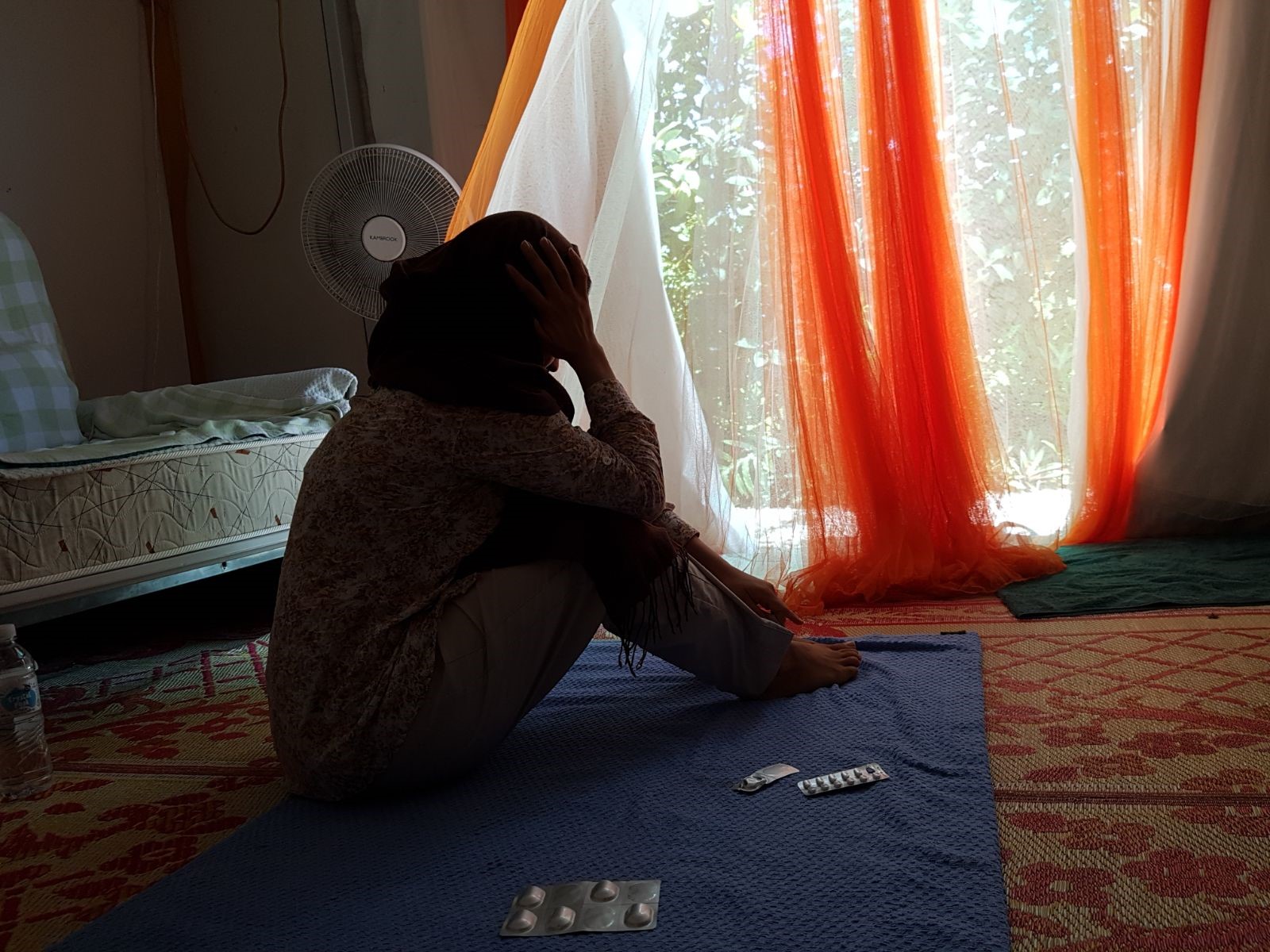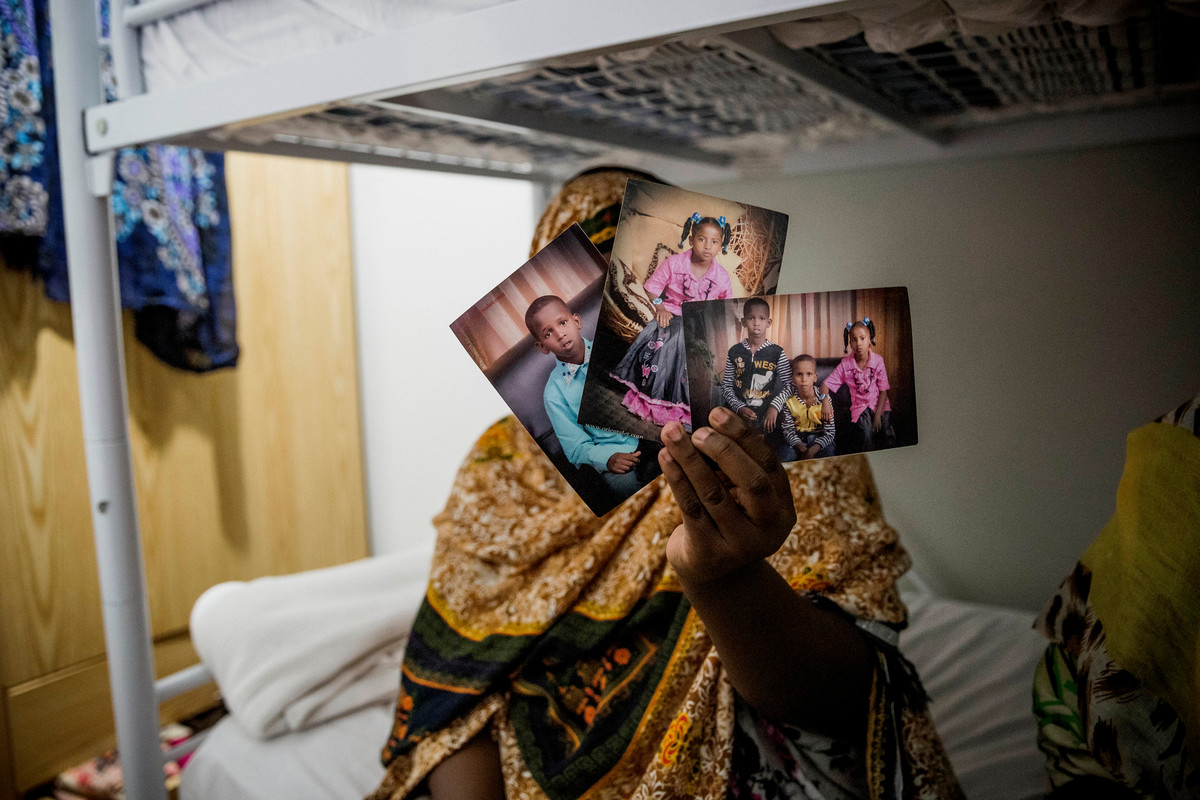Expert Roundtable on Mental Health in Refugee Status Determination
Expert Roundtable on Mental Health in Refugee Status Determination

The mental health of refugees and asylum-seekers is a critical part of their overall well-being, and an important factor in their positive integration into a new community.
UNHCR, the UN Refugee Agency, convened a multi-stakeholder Expert Roundtable on Mental Health in Refugee Status Determination in Australia during June 2017, bringing together medical professionals and psychologists, academics, officials of the Department of Immigration and Border Protection and the Administrative Appeals Tribunal including the Immigration Assessment Authority.
The roundtable focused on the mental health and well-being of the so-called ‘legacy caseload’, approximately 30,000 asylum-seekers living in Australia with no clear avenue to refugee protection.
A number of factors have contributed to the mental health deterioration of this group of vulnerable people.
The so-called ‘legacy caseload’ have waited several years to be granted permission to apply for temporary protection. Most of them have also been excluded from government-funded legal assistance.
Prolonged periods of uncertainty and the impact of family separation (including anxiety about family members who remain in danger in their country of origin or other locations) also negatively impact mental health. Timeframes and procedures are difficult to meet and understand, with the asylum process requiring the completion of a 41-page form.
Many asylum-seekers within this group suffer from clinically diagnosable mental disorders as a result of these cumulative circumstances. This includes most commonly anxiety and depressive disorders, as well as Post-Traumatic Stress Disorder (PTSD).
The mental health issues experienced by this group of asylum-seekers have a detrimental impact on the refugee status determination process. An asylum-seeker suffering from mental health challenges may experience difficulties concentrating, recollecting events and providing detailed information in a temporally sequenced manner.
Under these circumstances, people seeking protection may also have problems understanding the questions being asked. They may grasp the key elements, but cannot process the whole question or understand the intention of the question.
An inability to adequately articulate protection claims can lead to testimony being presented as contradictory, which may result in negative credibility findings, and the ultimate erroneous rejection of a person with international protection needs. This, in turn, may result in a risk of refoulement.
Recommendations on how to address critical mental health issues in the refugee status determination process for people seeking safety and protection are being produced as a result of the Expert Roundtable, for follow up action by a range of stakeholders.
Background information
- Asylum in Australia
- UNHCR Position on Legal Representation for Asylum-Seekers (2017)
- UNHCR Submission to the Senate Legal and Constitutional Affairs Legislation Committee, Migration and Maritime Powers Legislation Amendment (Resolving the Asylum Legacy Caseload) Bill 2014
- UNHCR Handbook and Guidelines on Procedures and Criteria for Determining Refugee Status (2011)






